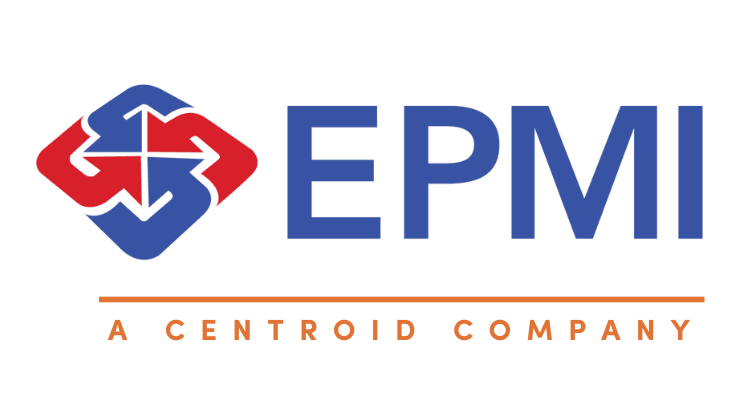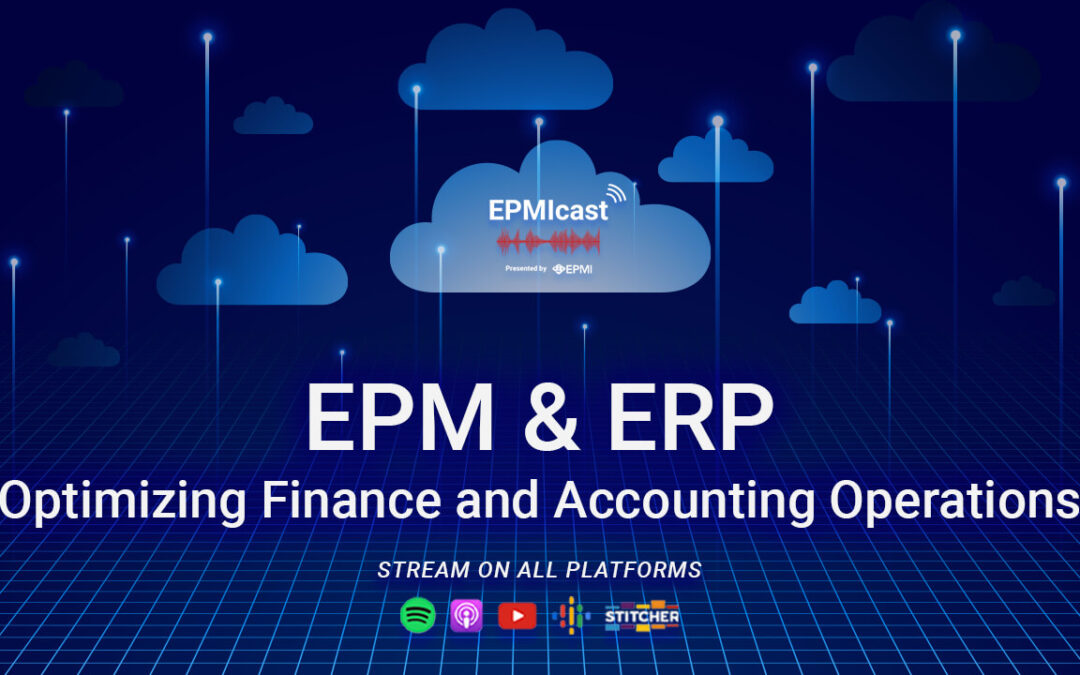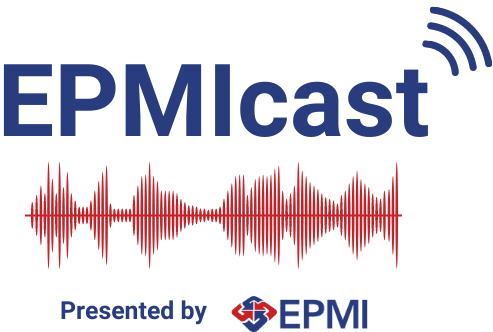In the software world, we are constantly bombarded with new acronyms to reflect everything from a single business process to an entire category of SaaS products. We joke internally at EPMI that the first two weeks at the firm should be spent studying the “acronym handbook” specific to our industry.
At EPMI, we focus primarily on Oracle EPM applications but more often than not are integrating with an ERP system. The following post will provide a high-level overview of the differences, commonalities, and misconceptions about ERP and EPM software systems.
What is EPM?
“Oracle provides a full suite of cloud-based Enterprise Performance Management applications to help you analyze, understand, and report on your financial position.”
-Oracle
EPM stands for Enterprise Performance Management. It is an umbrella term to include business processes across Financial Close, Account Reconciliations, Planning & Budgeting, Reporting, (and Data Governance if you’re lucky enough to work with Oracle EPM). EPM systems are not transactional databases – they do not process payments, trigger orders, or facilitate procurement processes. EPM systems typically will take data, usually GL data, and use technology to streamline manual processes that are historically conducted in excel. Essentially, EPM systems take your Actuals data from your ERP system, and leverage artificial intelligence, business rules, and data mapping to more accurately and quickly conduct the business processes listed above.
What is ERP?
“Enterprise Resource Planning systems are the essential backbone of every corporation around the world”
– Oracle
ERP stands for Enterprise Resource Planning and is a broader software category that includes functionality across the General Ledger (Finance, Accounting), Supply Chain Management (Logistics, Procurement, Order Management), and Manufacturing (Process Management, Workforce Management, Product Management). By volume, there are much more vendors in the ERP space given the breadth of business processes included in the category.
What’s the difference?
As a primary differentiator between ERP and EPM, ERP systems record, organize, and store transactional data, in a data format specific to each business’s method of operation. EPM systems, on the other hand, take the data stored in ERP systems to conduct finance and accounting business processes (Planning/Budgeting, Reporting, Consolidation/Close, Account Recs, etc.). EPM systems DO NOT book or execute transactional activities.
ERP systems typically lack the robust functionality needed for enterprises to easily facilitate the finance and accounting business processes we’ve mentioned above. As a workaround, a lot of firms rely on excel spreadsheets to report their financials.
If you’re curious to learn more about ERP and EPM tools, and how they may fit into your firm’s goals, please do not hesitate to reach out!








